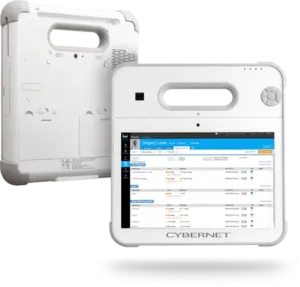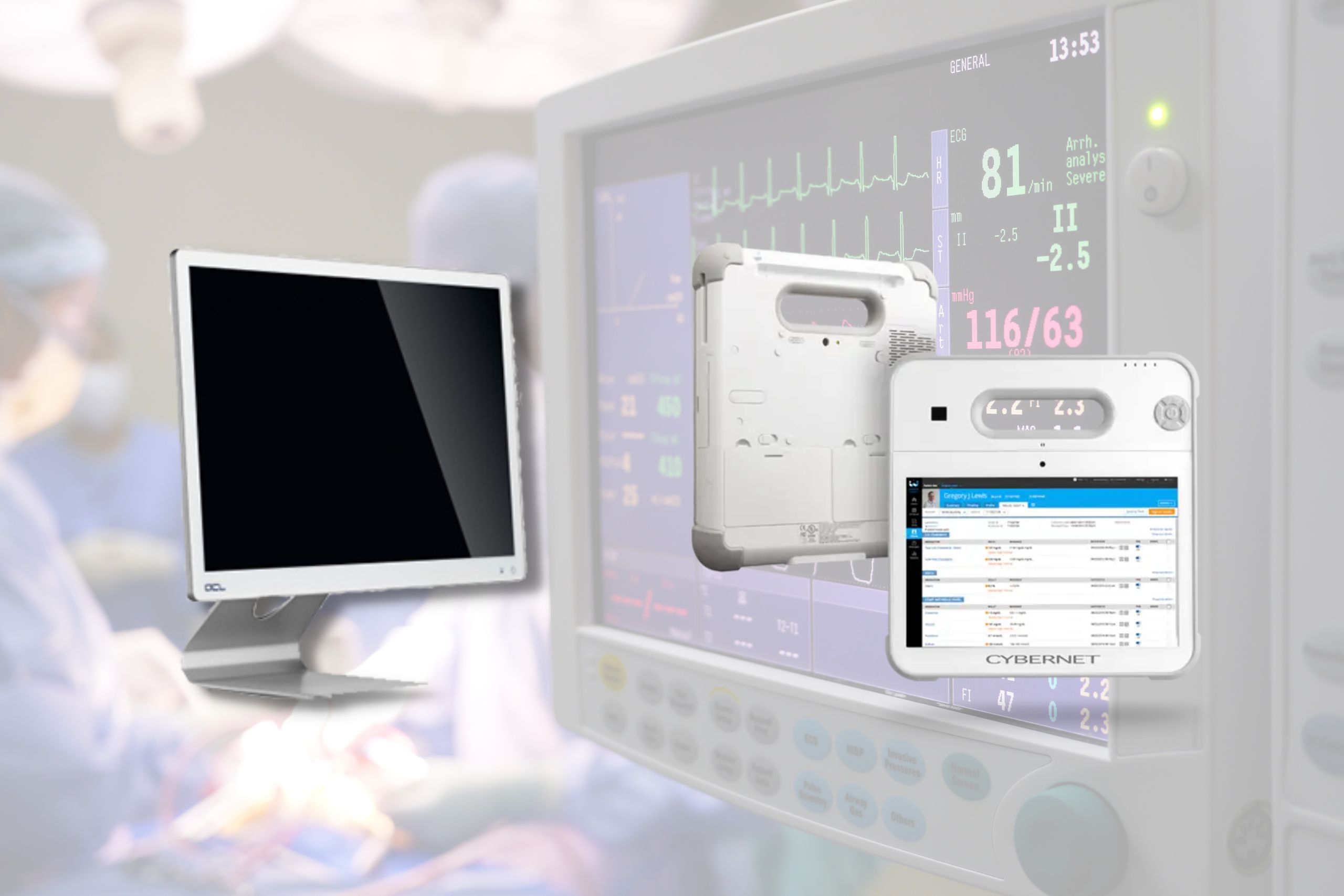In the healthcare industry, technology plays a crucial role in the delivery of care to patients. From managing patient records and tracking medication orders to performing diagnostic tests and supporting telemedicine, healthcare professionals rely on computers and other digital devices to perform their duties efficiently and effectively.
However, not just any type of computer will do – in a hospital setting, it is important to use computers that are specifically designed and built to meet the unique requirements of the healthcare industry. These computers are referred to as medical grade computers.
In this blog post, we will explore what a medical grade computer is and why they matter in the hospital setting.
What is a Medical Grade Computer?
For a computer to be called medical grade, it must meet a set of specific requirements outlined in IEC 60601-1 in order to be used in the healthcare industry. These requirements ensure the safety, durability, and essential performance of the computer and enable it to be used effectively and efficiently by healthcare professionals.
Based on that, a medical grade computer is the one that is especially built for healthcare environment and is IEC 60601-1 certified.
Other than computers, there are also medical grade tablets that need to have 60601-1 and 60601-2 certification for safety and electromagnetic compatibility.

Benefits of Medical Grade Computers
Medical grade computers are becoming increasingly important in healthcare, as they provide a secure platform for storing patient information, monitoring medical equipment, and improving the accuracy of diagnoses.
With their ability to securely store sensitive data, protect against cyberattacks, and maintain high levels of reliability, medical grade computers are essential for providing quality healthcare.
Here are some of the benefits to using medical grade computers in the healthcare industry:
1. Durability
Medical grade computers very durable as they are built to withstand the rigors of a hospital environment, including exposure to spills, dust, and other contaminants. This ensures that they can be used in a variety of settings and can continue to function properly despite the challenging conditions.
2. Specialized Software and Hardware
Medical grade computers are equipped with software and hardware that is specifically designed for the needs of healthcare professionals. For example, they may have electronic medical record (EMR) systems, medication management systems, and diagnostic testing software.
3. Infection Control
Some medical grade computers have features such as antimicrobial housing and touchscreens that help prevent the spread of infection. This is particularly important in a hospital setting, where the risk of infection is high.
4. Regulatory compliance
Medical grade computers are built to meet strict regulatory standards, such as HIPAA compliance, to ensure the privacy and security of patient information. This is essential in the healthcare industry, where sensitive patient data must be handled with care and integrity.
5. Improved efficiency
By using specialized software and hardware, medical grade computers can help healthcare professionals work more efficiently and effectively, enabling them to deliver high-quality care to patients.
Conclusion: Why do they matter?
In conclusion, medical grade computers are a vital tool for healthcare professionals to deliver high-quality care to patients in a hospital setting.
They are not just more durable and easier to clean, but they also allow medical professionals to work more efficiently while complying with the regulatory requirements.



